Delaware Surf Fishing Reservation Step-By-Step Guides in 2024
Welcome to the 2024 step-by-step guide for making reservations for surf fishing in Delaware! If you’re eager to experience the thrill of surf fishing along Delaware’s picturesque beaches, you’re in the right place. This user-friendly guide will walk you through the simple and important steps to secure your reservation.
Whether you are a seasoned angler or a first-time visitor, this guide will ensure you have all the information you need to enjoy a fantastic surf fishing experience in Delaware. Let’s dive in and make those beachside fishing plans a reality!
Also Read: LB Test is Best for Surf Fishing
Reservation Process Overview
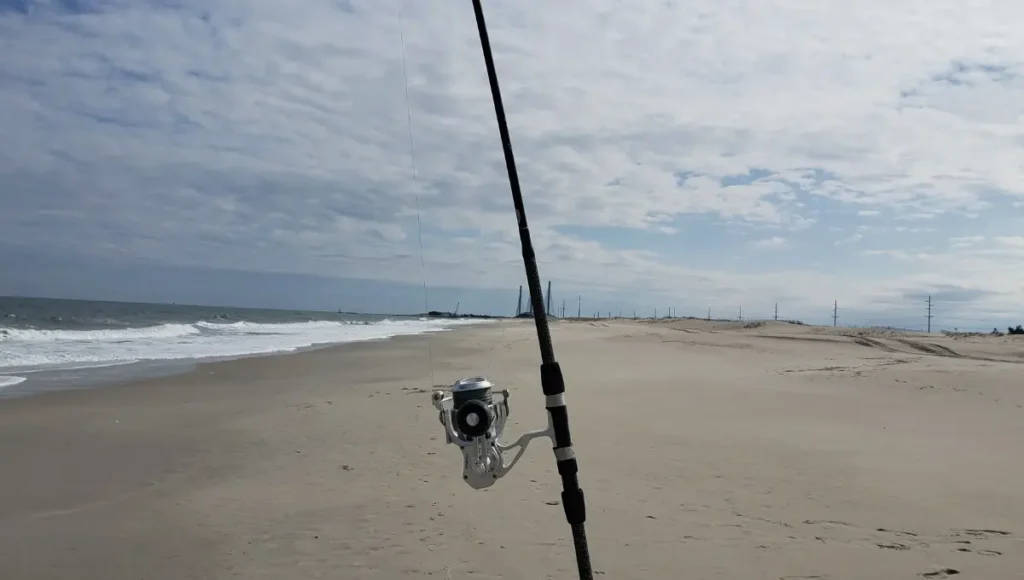
While some areas along Delaware’s coast allow open-access surf fishing without reservations, some of the best spots require reservations, especially on weekends and during peak seasons. Below is a brief overview of the reservation process at three top locations:
It’s best to have reservation dates and backup dates in mind for all locations when booking opens to secure your spot. Weekday reservations may also be available with fewer bookings needed.
Surf Fishing Reservations Toolkit
Here are some tips to help secure your desired reservation dates:
With planning and flexibility, obtaining desirable surf fishing reservations is possible, even for busy summer periods. Having alternate plans will also help ensure an enjoyable shoreline fishing experience.
Surf Fishing Excursions Without a Reservation
For anglers who miss out on reservations or want to fish without pre-booking a spot, guided surf fishing charters and coastal wildlife tours are a great alternative for getting out on the water. Several outfitters in Delaware offer guided trips covering everything from rod and reel basics to species identification. Tours range from 2-4 hours and cost around $50-80 per person.
For a more do-it-yourself guided trip, consider:
Delaware Surf Fishing License
To legally surf fish in Delaware, anglers must purchase a valid Delaware surf fishing license. Surf fishing licenses cost $23.50 for residents and $43.50 for non-residents and are valid for one calendar year from January through December. Licenses can be obtained online at the Delaware Division of Fish & Wildlife website or in-person at retail license agents statewide such as bait and tackle shops.
When purchasing a surf fishing license, anglers must provide their name, address, date of birth, and other identification information. Non-resident anglers especially need proof of valid residential address from their home state. Licenses are mailed 2-4 weeks after online purchase. Digital license versions can also be immediately downloaded to mobile devices.
In addition to surf fishing from beaches, Delaware licenses allow saltwater fishing from piers, jetties, and other shoreline areas. A standard freshwater fishing license is also required to fish inland waters. Only one fishing license is needed per angler. Children under 16 fish for free without a license in Delaware.
Following the license conditions protects fishery management. Limitations like bag and size limits help conserve fish populations. Licenses also fund fisheries research, habitat restoration, and public access projects through Delaware’s fishing license revenue allocations. Proper licensing is required by law and essential to the future of Delaware surf fishing.
Delaware Surf Fishing Tag
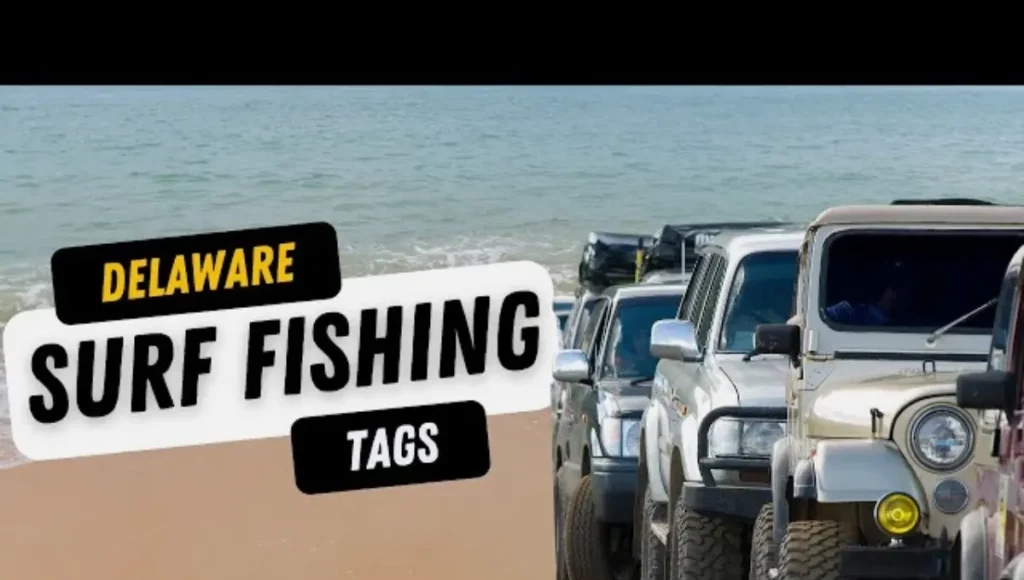
Some popular surf fishing locations in Delaware require a daily tag in addition to a fishing license. Tags are issued on a first-come, first-served basis, and reservations are recommended, especially on weekends and holidays. Tags are available for the following beaches:
Delaware Beach Reservations
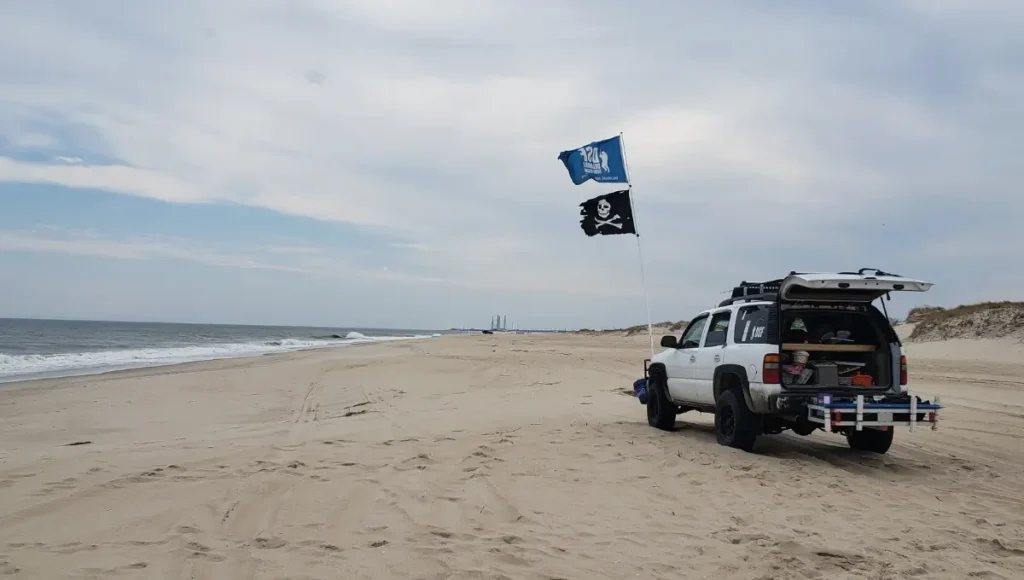
At many popular shoreline fishing locations throughout Delaware, reservations are required, especially during summer weekends and holidays. The most coveted spots like Cape Henlopen fill up months in advance online through the Delaware State Parks reservation system.
Reservations open exactly 3 months prior for Cape Henlopen and 12 weeks prior for Fenwick Island State Park on a first-come, first-served basis. Anglers can make reservations up to 6 months in advance and only a maximum of 30 days out. Spots are $10-15 depending on location and date.
It’s important to closely follow the reservation policies and procedures for each location. Knowing where, when, and how to book is key to securing front-of-summer slots. Flexibility and backup plans increase chances of getting preferred spots and times for fishing Delaware’s ocean shoreline. Proper preparation takes the stress out of planning coastal adventures.
Delaware Surf Fishing Rules
Responsible surf fishing practices are required on Delaware beaches. Key rules include following all posted signs, having the proper fishing license and required daily tags, following size and creel limits, and fishing during legal daylight hours only.
Common restrictions are the 15-inch minimum size for striped bass and no harvesting of breeding blue claw crabs. Weakfish, croaker, and spot have generous bag limits while flounder are protected during winter spawning closures.
Always check the Delaware fishing regulations guide which is updated annually. There may be species-specific closures to support fishery health.
Anglers must avoid trespassing onto private property or closed areas marked by signs or fencing. Fishing piers have designated areas that should not be obstructed.
Leave no fishing line or other debris behind. Pack out all garbage and gear. Beach fires are prohibited so avoid smoking at all times.
Following the rules protects other anglers, and wildlife, and ensures continued access and fishing seasons for all. Proper surf etiquette and full compliance keep Delaware’s shoreline a shared resource for responsible ocean enjoyment for many years to come.
What is a good step-by-step guide to use when fishing for Bream species?
Bream fishing is a fun way to catch panfish right from shore. Here is a step-by-step guide to targeting these colorful sunfish:
What is a step-by-step guide on how to dehydrate fish snacks?
Homemade dehydrated fish snacks make a tasty trail option and last longer than store-bought jerky. Follow these steps:
Frequently Asked Questions
Conclusion
Congratulations! You’ve reached the end of our 2024 step-by-step guide for Delaware surf fishing reservations. We hope this guide has made the process clear and straightforward for you.
Now that you’re armed with the knowledge to secure your surf fishing permit, get ready to enjoy the sun, sand, and fantastic fishing that Delaware’s beaches have to offer.
Remember to check for any updates or changes on the official Delaware State Parks website, and always follow the rules to ensure a safe and enjoyable experience. Tight lines and happy fishing!
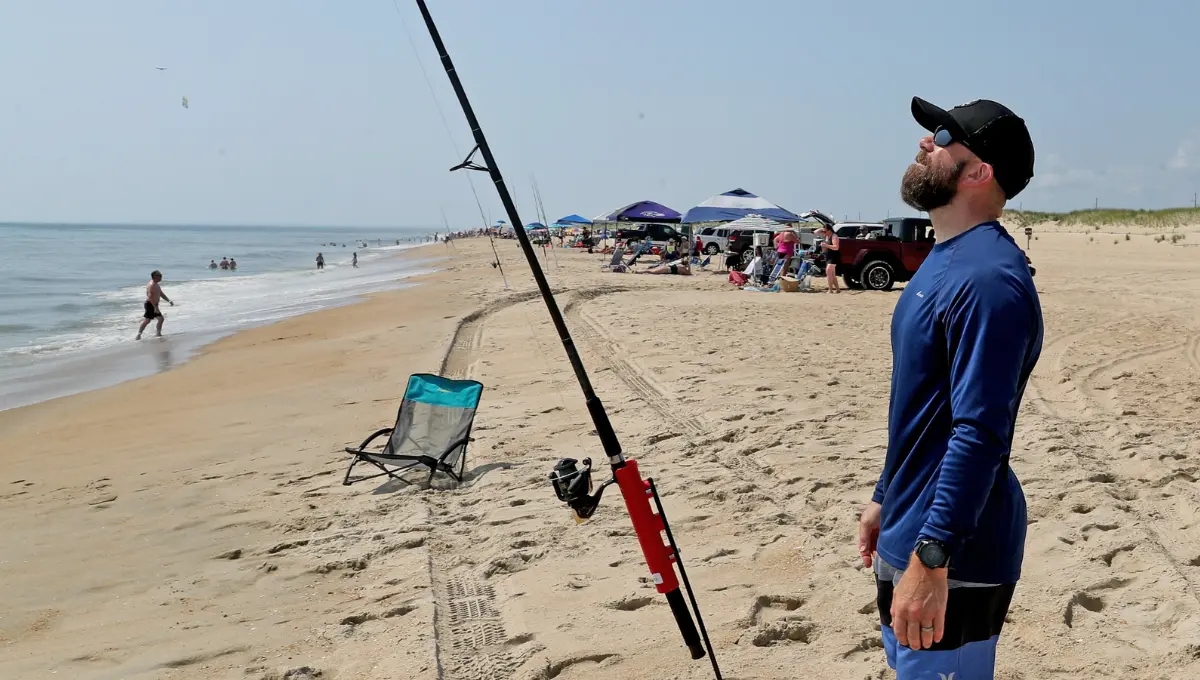
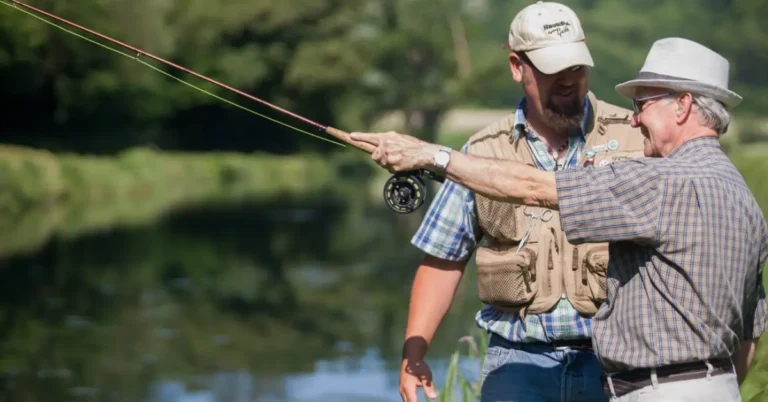
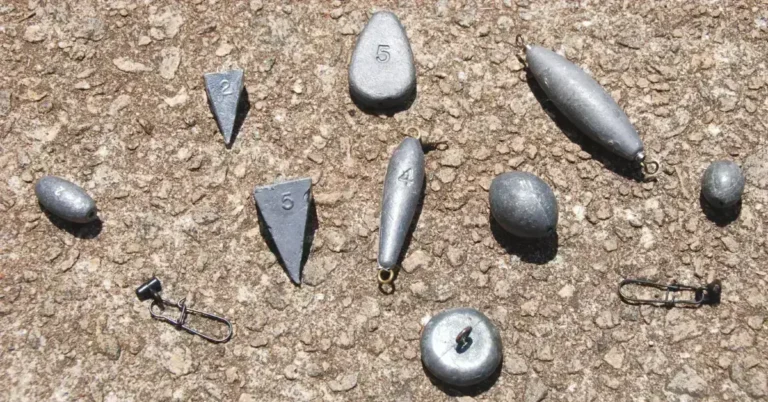
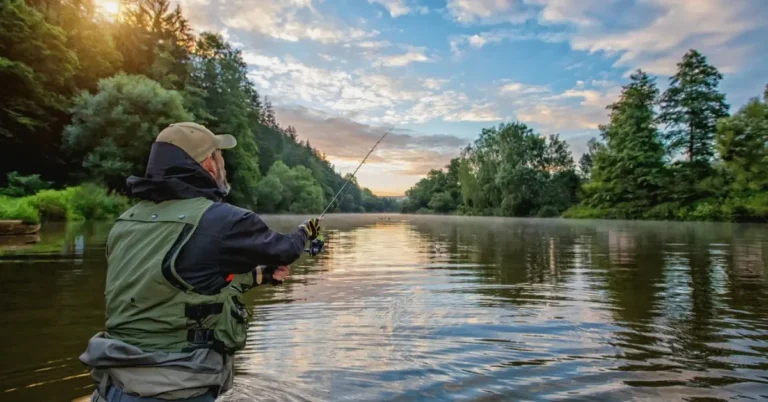
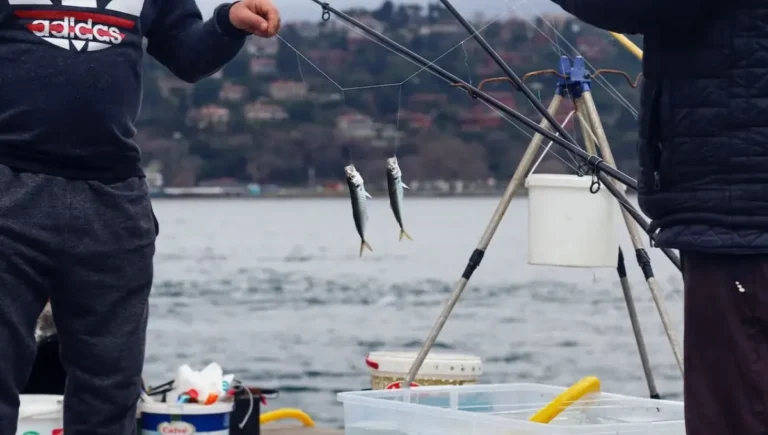
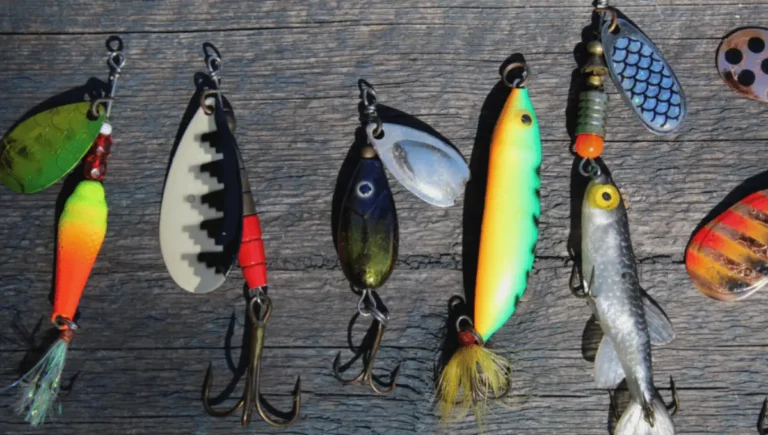
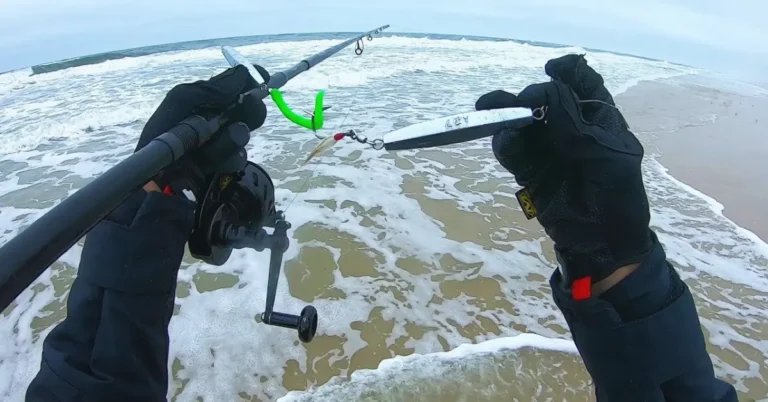
One Comment